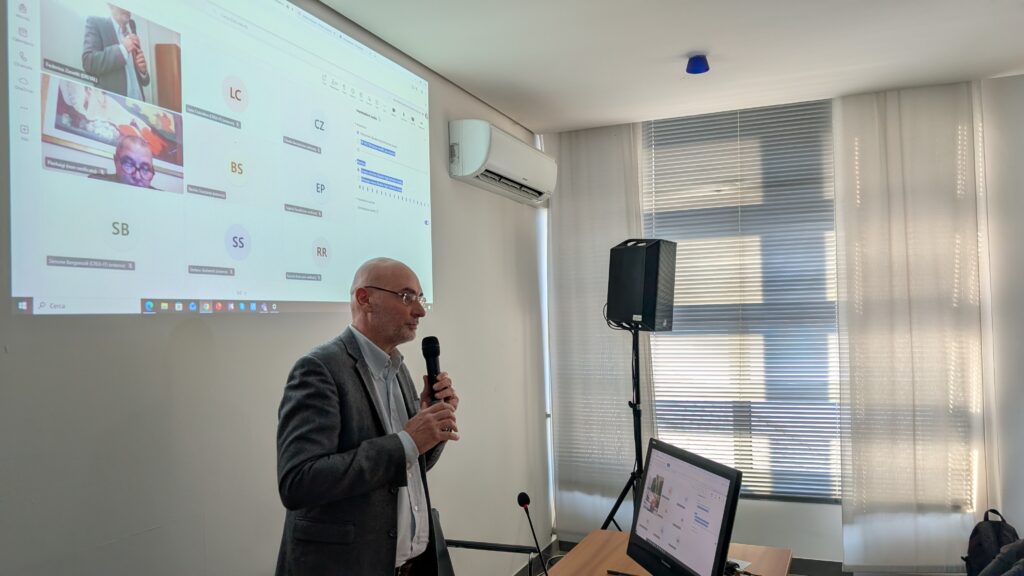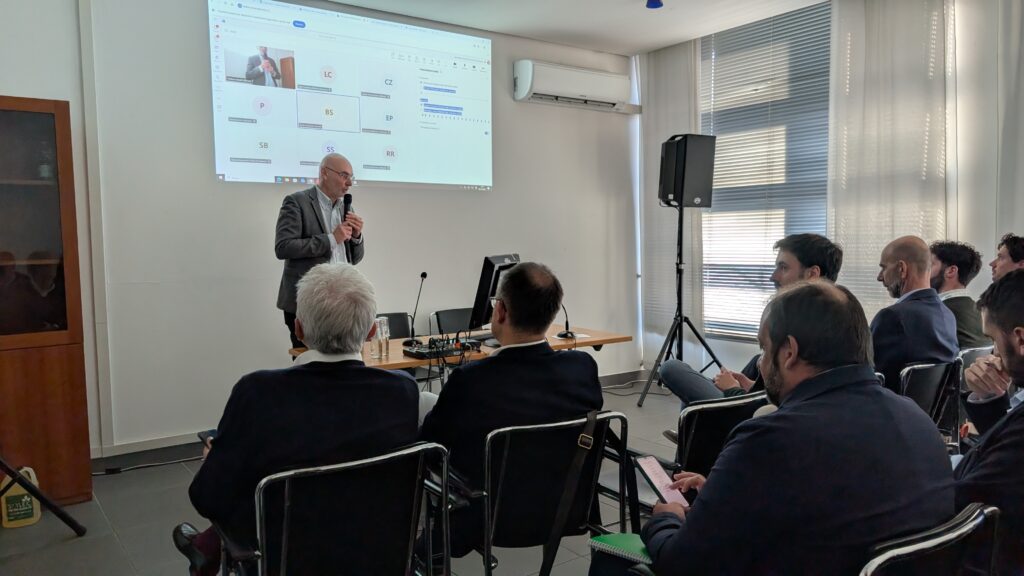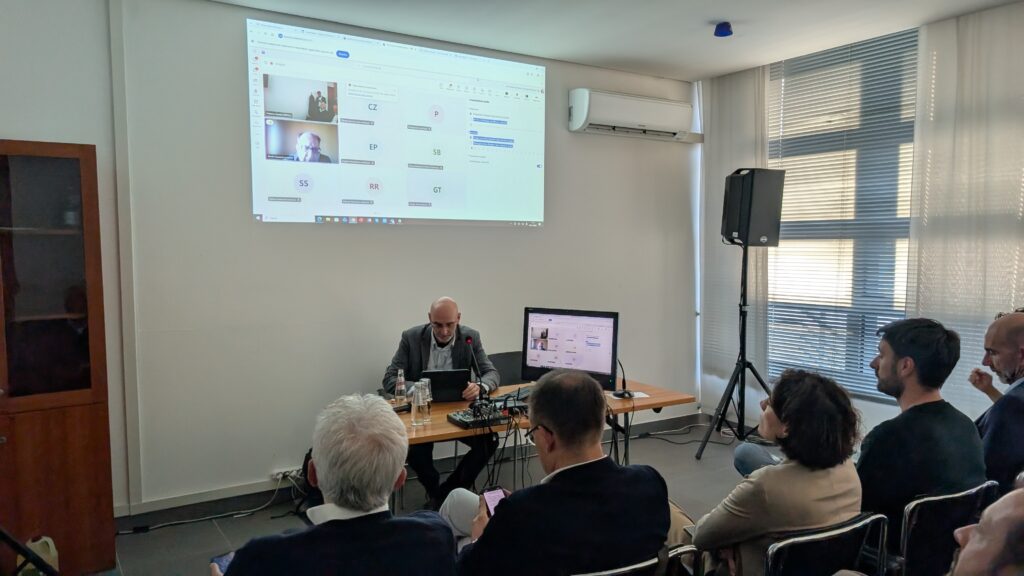Yesterday, in the vibrant setting of Ecomondo 2025 in Rimini, we held the second meeting of the Italian Regional Advisory Group (RAG) for the MIDAS Project. Organized by the University of Bologna and Novamont, this meeting was instrumental for interfacing directly with the agricultural sector to understand the real-world utility and acceptance of our proposed solutions.
Here are the key takeaways from our discussion with key stakeholders, including representatives from Coldiretti, ReSoil Foundation, RE-CORD, University of Bologna, SIS, ETA Florence and various agro-industrial partners:
🌱 Land marginality is not only due to biophysical factors. The definition of marginality should evolve from strictly biophysical constraints to “difficult” terrains influenced by broader factors. Our stakeholders highlighted that issues such as the intense pressure from wildlife and logistical distance from farm centers are major contributors to land abandonment. Furthermore, marginality is increasingly driven by economic factors, now affecting even plain areas previously considered productive.
🤝 The Critical Role of Industrial Partnerships. Revitalizing these areas requires more than just new crops; it requires secure value chains. For farmers to adopt new practices, they need certainty regarding product withdrawal and a positive economic balance. A prime example discussed was Novamont’s experience in Porto Torres (Sardinia), where supply chain agreements with local farmers for cardoon cultivation successfully recovered 3,500 hectares of lands previously unsuitable even for pasture and which are now farmed with cereals.
We discussed concrete solutions, such as:
Intecropping of safflower and cardoon: The intercropping showed positive results on the chemical profile of the oils, interestingly the morphology of cardoon may also help repel wildlife from perimeter areas.
Biochar: Confirmed as a valuable amendment for recovering soil health in marginal areas while offering potential income diversification through carbon credits.
To scale these solutions, we must continue to bridge the gap between research and farmers’ economic realities, ensuring that bio-based value chains act as a genuine flywheel for local rural economies.




